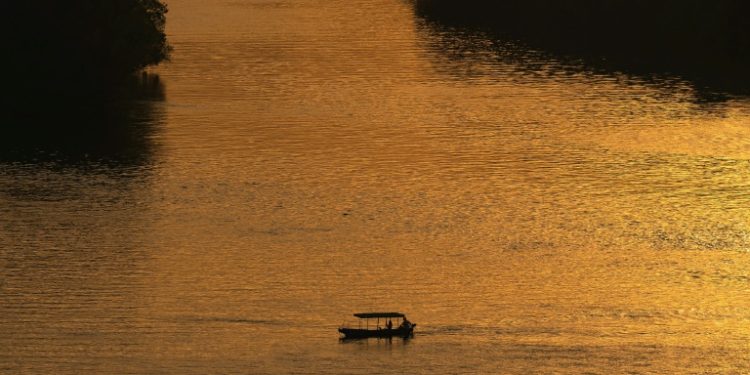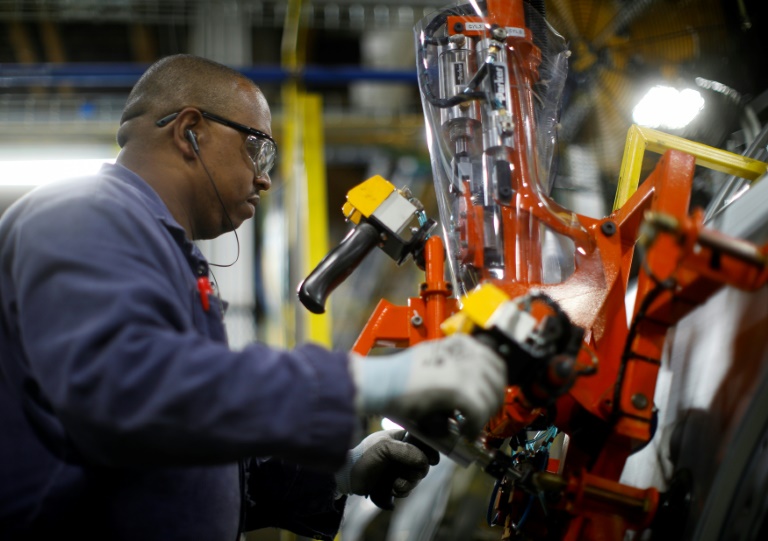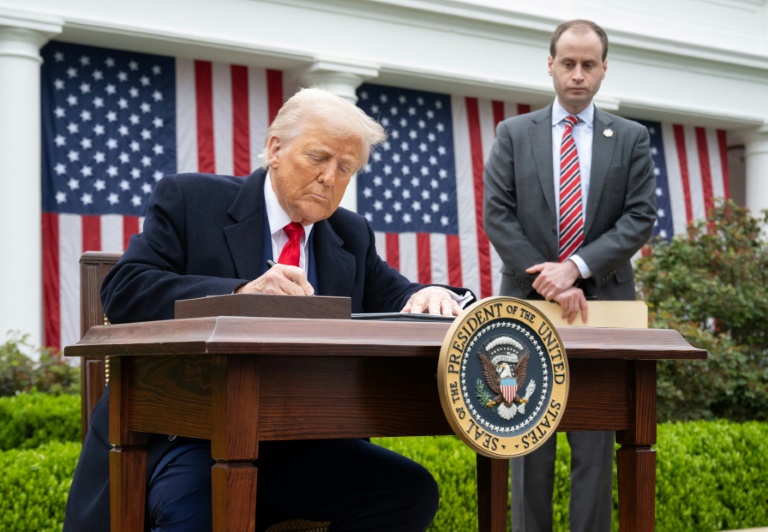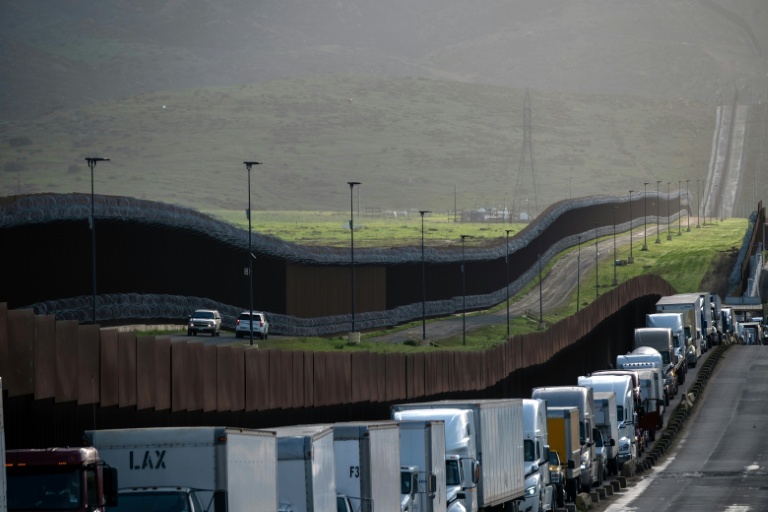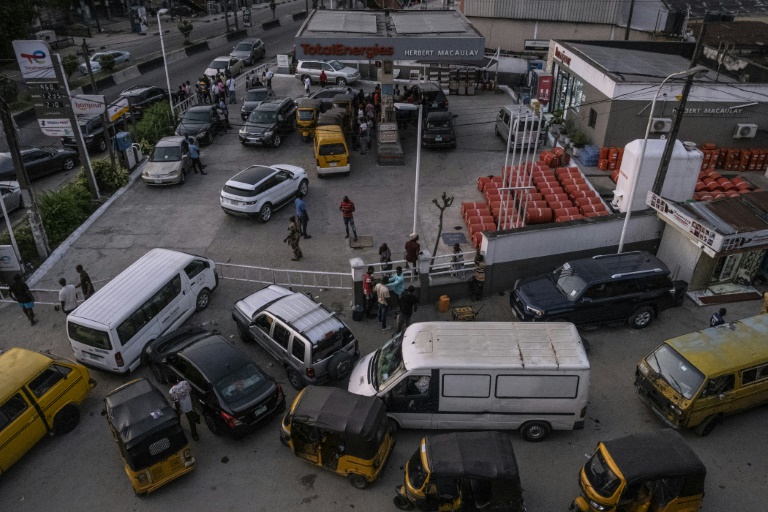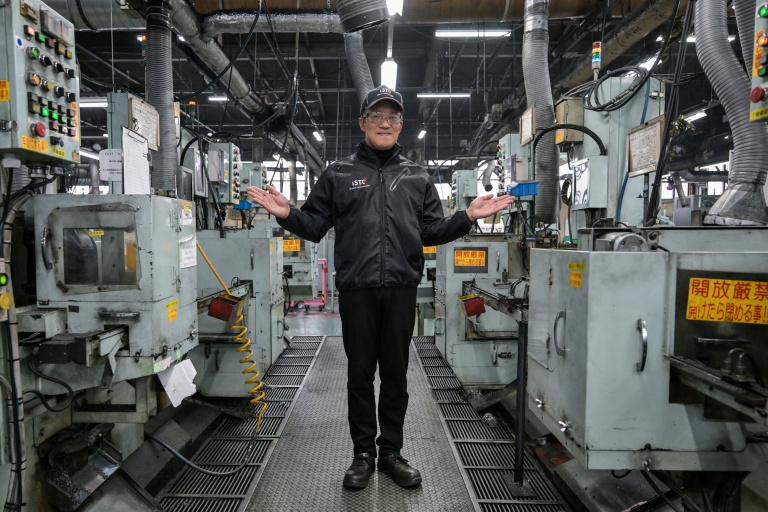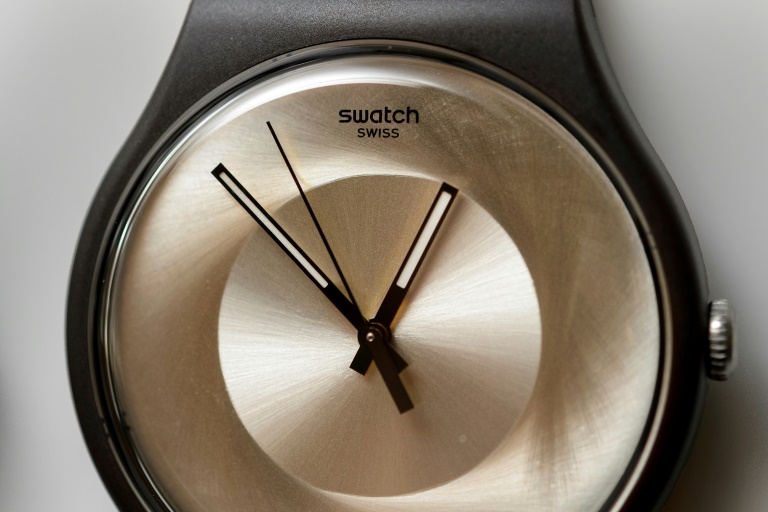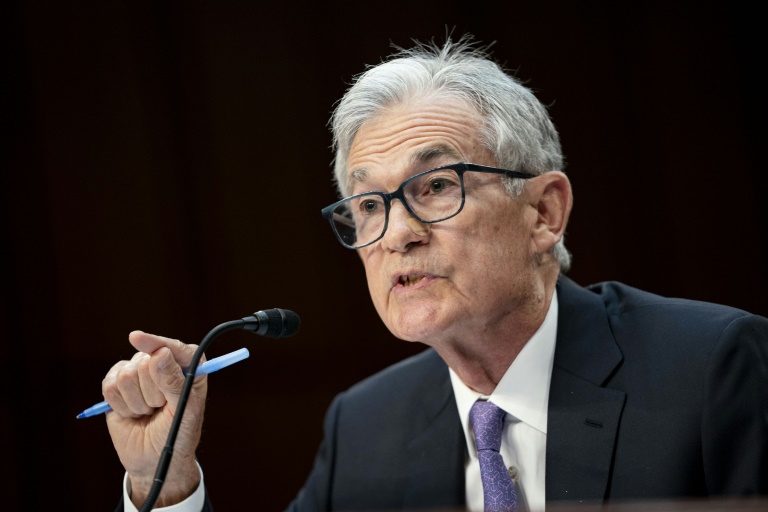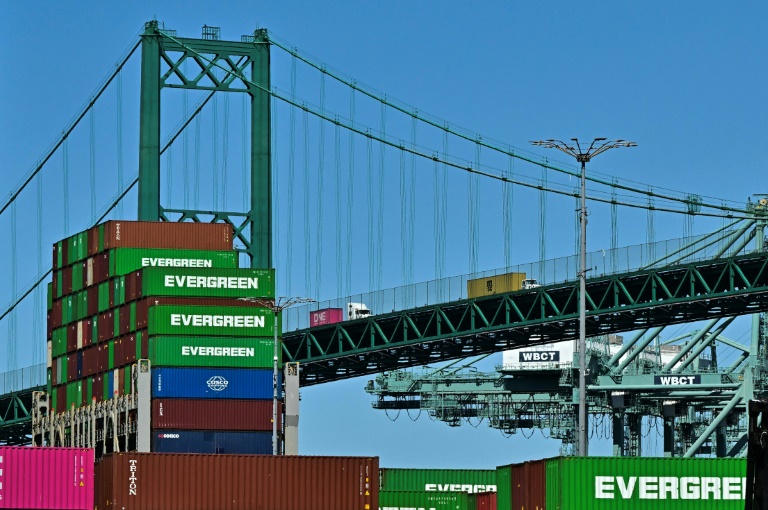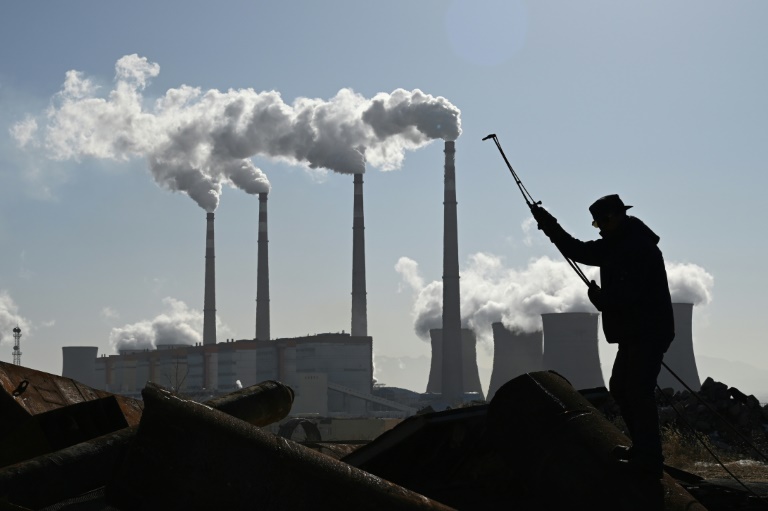Belgrade (AFP) – The sight of ducklings struggling to swim in Belgrade’s stinking sewage-choked rivers is one residents hope a long-promised wastewater treatment plant will make a thing of the past. “We build impressive buildings where everything looks pristine, all glass and fancy.Yet right next to them, sewers discharge directly into the river,” cyclist Zoran Bukvic complained to AFP.
Despite decades of pledges to clean up its waterways, the Serbian capital is the only one in Europe to spew all its untreated wastewater into its rivers. Every year, the city of some 1.6 million people excretes enough sewage to fill 60,000 Olympic swimming pools into the Danube, Europe’s second-longest river, and its tributaries. Hopes for the city’s water quality were raised in June after authorities announced they had found candidates willing to build a much-needed sewage treatment plant. “If we had a treatment system, it wouldn’t be as problematic,” the Serbian capital’s former environment protection head Branislav Bozovic told AFP.
But many of Belgrade’s previous water purification projects have been stuck in development limbo — with devastating environmental consequences. – Delays and disappointments – On June 13, after years of anticipation, Serbia signed an agreement for French companies to finally build the wastewater treatment plant the capital’s residents desperately want. Led by water and waste management giant Suez International SAS and Vinci Construction Grands Projets, the future plant is planned to be built in Palilula, a Belgrade municipality on the left bank of the Danube. Covering nearly 100 hectares (247 acres) along the river, it promises to collect wastewater from most of the city’s districts.
But before construction can start, another behind-schedule infrastructure project needs to be wrapped up. In 2020, Serbia signed a contract worth 204 million euros ($222 million) under the Chinese Belt and Road initiative to help clean up Belgrade’s sewer system. The plan was for the Chinese company to build on an earlier water purification network — itself only partially completed when more than 30 years of construction ended in 2012. Yet four years on, construction of the promised new sewage pumping stations at the Sava-Danube confluence has still not begun. Even if the Chinese do complete the first phase of the project, the agreement for the French companies to build the plant itself is non-binding — leaving them free to pull out without consequences.
In the meantime, sewage continues to clog the capital’s rivers. To compound the issue, many factories also discharge their waste into the rivers. – ‘Entire ecosystem poisoned’ – The scale of the problem is clearest five kilometres (three miles) upstream of where the Danube and its main tributary the Sava meet. Milan Vasiljevic, who works at a local boat marina, describes the smell as “unbearable” and reports frequent discoveries of dead fish. “Upstream is the Cukarica breach where sewage is discharged, causing a strong odour, especially in the summer when water levels drop,” he told AFP. The Cukarica breach is the point at which the small but filthy Topciderka river flows into the Sava, with athletes from a local rowing club frequently forced to brave its tainted waters. Heavily polluted with faeces and garbage, the scum on the Topciderka is thick enough for a frog to stand on.
But even the Danube itself is not safe. “This is one of Belgrade’s black spots,” Bozovic said, pointing to the Zemun promenade on the riverbank near his home. “In this area, there is a major sewage discharge from the central part of Zemun into the river.” The ex-city official and retired hydrogeologist said that the foul stench was a sign that Belgrade’s residents were “ingesting” the pollution, gesturing ruefully towards a children’s playground close by. “The entire ecosystem is being poisoned by the decomposition of this wastewater.” It’s a problem that is far from unique to the capital. According to official estimates, Serbia treats less than 15 percent of its wastewater. Authorities have refused to give much in the way of deadlines or details about when they hope to clean up Belgrade’s rivers, and did not respond to AFP’s request for comment.
© 2024 AFP

